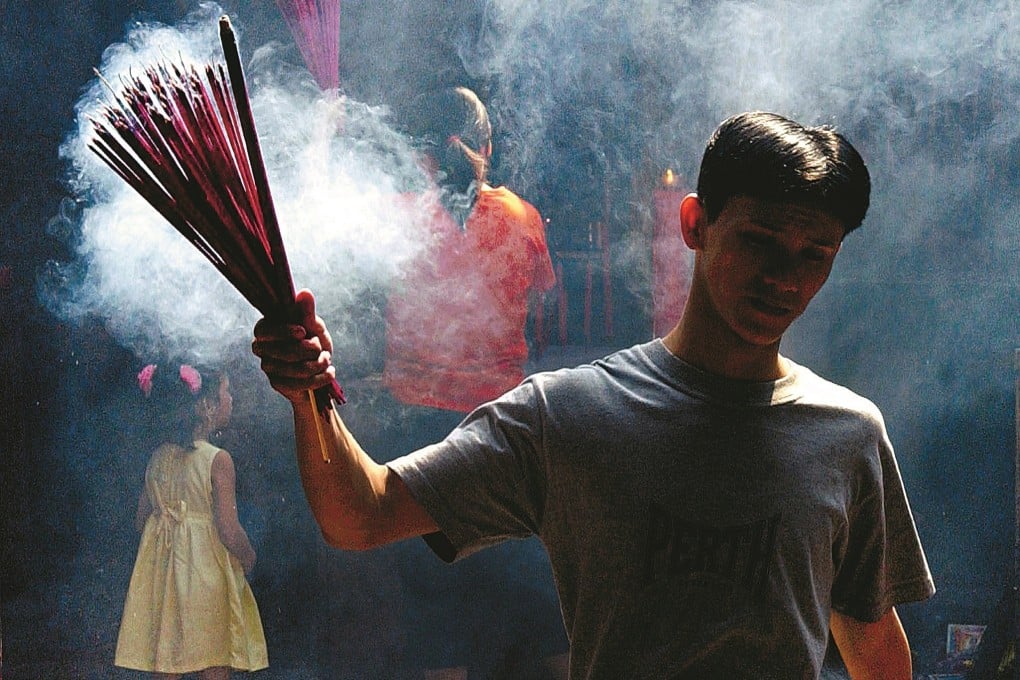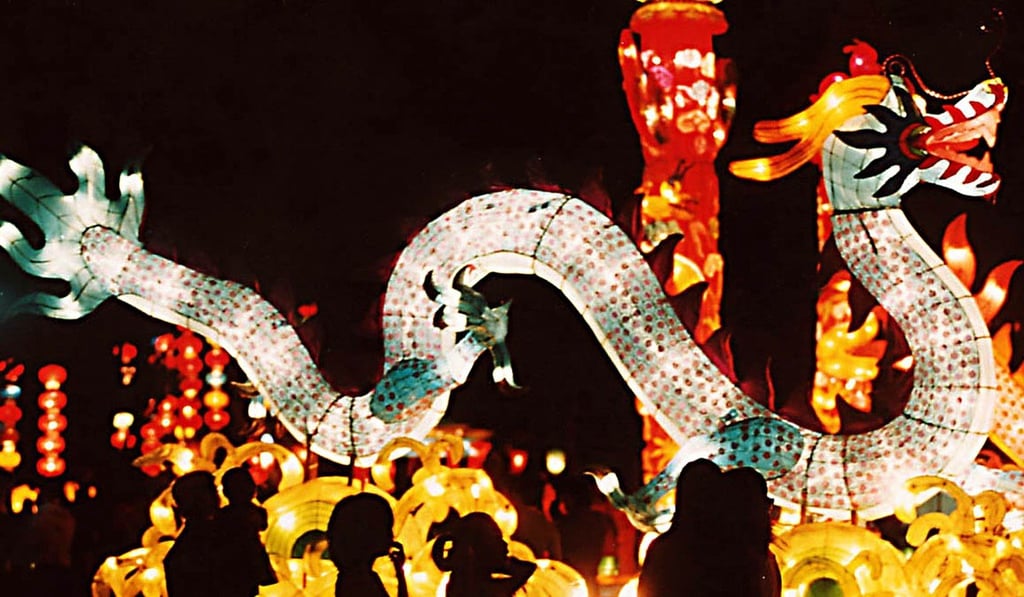Chinese Indonesians in Taiwan struggle with language and identity to find acceptance
- Fed up of being viewed as alien, or fearing violence, ethnic Chinese have been leaving Indonesia for Taiwan for decades, but struggle when they arrive
- Because many can’t speak Mandarin, or speak it badly, and are unfamiliar with Chinese traditions, islanders don’t consider them Chinese even after years there

After moving to Taiwan, Darwin Chandra spent five years wondering why he had left Indonesia.
“Everything was wrong. I didn’t know Mandarin [Chinese] and I couldn’t understand anyone. I had no friends. The winters were cold and I found the food bland,” he says.
Chandra, who moved to the island in 2000 to study international trade at university, was born in Cilegon, on Indonesia’s most populous island, Java, to Chinese parents – a Hakka father and a Hokkien mother. While he grew up speaking Mandarin, Chandra never learned to read or write Chinese.
“In the eyes of Taiwanese people, no matter how good your Mandarin is, perhaps until you reach the level of an academic, you are still seen as an outsider,” he says.

Chandra’s experience would sound familiar to many Indonesian Chinese living in Taiwan, but the reasons for his disorientation run deeper than most expat “fish out of water” stories.
When Indonesia’s second president, Suharto, seized power in 1966 it marked the beginning of the New Order – a regime under which Indonesia’s Chinese were forced to assimilate into native Indonesian society. The Chinese-language press was shut down, Chinese secondary schools were closed and ethnic Chinese organisations were banned. Importing publications in Chinese was forbidden, and the teaching of Chinese also outlawed.